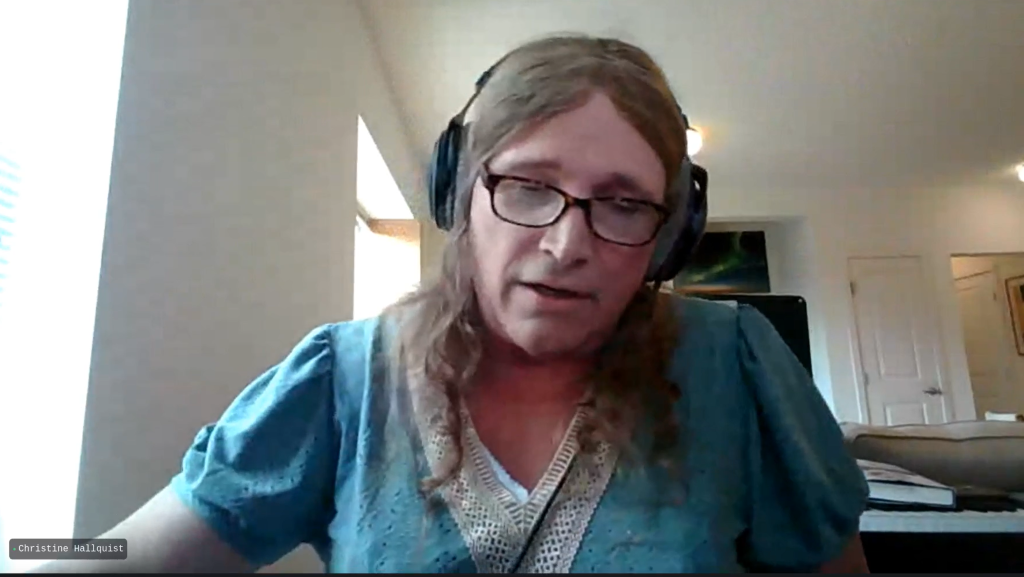Vermont’s Unique Communications Union Districts Support BEAD Outlays
Teralyn Whipple

WASHINGTON, July 17, 2023 – Communications Union Districts, organizations of two or more towns that join as a municipal entity to build broadband networks, cover over 90 percent of Vermont, said Christine Hallquist, executive director of the Vermont Community Broadband Board at an Ask Me Anything event Friday.
These unique organizations allow communities to be autonomous and present the best business plan for their area, said Hallquist. The Vermont Broadband Board works closely with staff to provide technical and financial support to the CUDs.
The model was created in 2021 and Hallquist said she “can’t say enough positive things” about what the model has done for Vermont. CUDs differ from electric co-ops in that they are municipally owned rather than privately owned.
Hallquist previously served as CEO of the Vermont Electric Cooperative, one of the largest utilities in the state.
As required by the Broadband Equity Access and Deployment program, each CUD must come to the state with a universal service plan to serve every address in their jurisdiction with high-speed internet. This is especially important for solving climate change, said Hallquist.
“We have to get fiber to every address to solve climate change,” she said. Fiber is critical because it reduces latency and allows for faster reaction times. The smart grid enables faster responsiveness to electrical outages, even issuing warnings when equipment is about to fail.
Unfortunately, there are several barriers implemented in the BEAD program that may affect CUDs ability to use BEAD funds in their deployment, said Hallquist. The letters of credit requirement, which mandates that grantees receive a 25 percent letter of guaranteed payment from a bank on top of the 25 percent match requirement affects CUDs and smaller providers while favoring large, established providers, she said.
Additionally, the Federal Communications Commission’s mapping method will prohibit universal service, said Hallquist, in an Ask Me Anything! event in the Broadband Community hosted by Drew Clark, Editor and Publisher of Broadband Breakfast. As required by BEAD rules, states may only fund those locations that are exhibited on the FCC’s national broadband map. This puts a huge amount of pressure to get a completely accurate map, with is a “huge flaw,” she said.
Furthermore, the FCC relies on provider-reported coverage data. “Until the FCC changes that, we will be continuing to perfect these maps, but we’ll never get it right,” she concluded, advocating for telecom providers to be mandated to report on their performance at every address minute by minute.
Comments
const metaTag=document.createElement("meta");metaTag.name="viewport",metaTag.content="width=device-width, initial-scale=1",document.getElementsByTagName("head")[0].appendChild(metaTag),window.addEventListener("message",function(e){const t=document.getElementById("iframe"),n=e.data[1];t.style.height=n+"px"},!1),document.write('<iframe id="iframe" style="max-width:800px;border:0;box-shadow:none;outline:0;" src="https://www.broadband.io/c/broadband-grant-events/ask-me-anything-with-christine-hallquist?iframe=true&?post=true" scrolling="no" width="100%"></iframe>');








